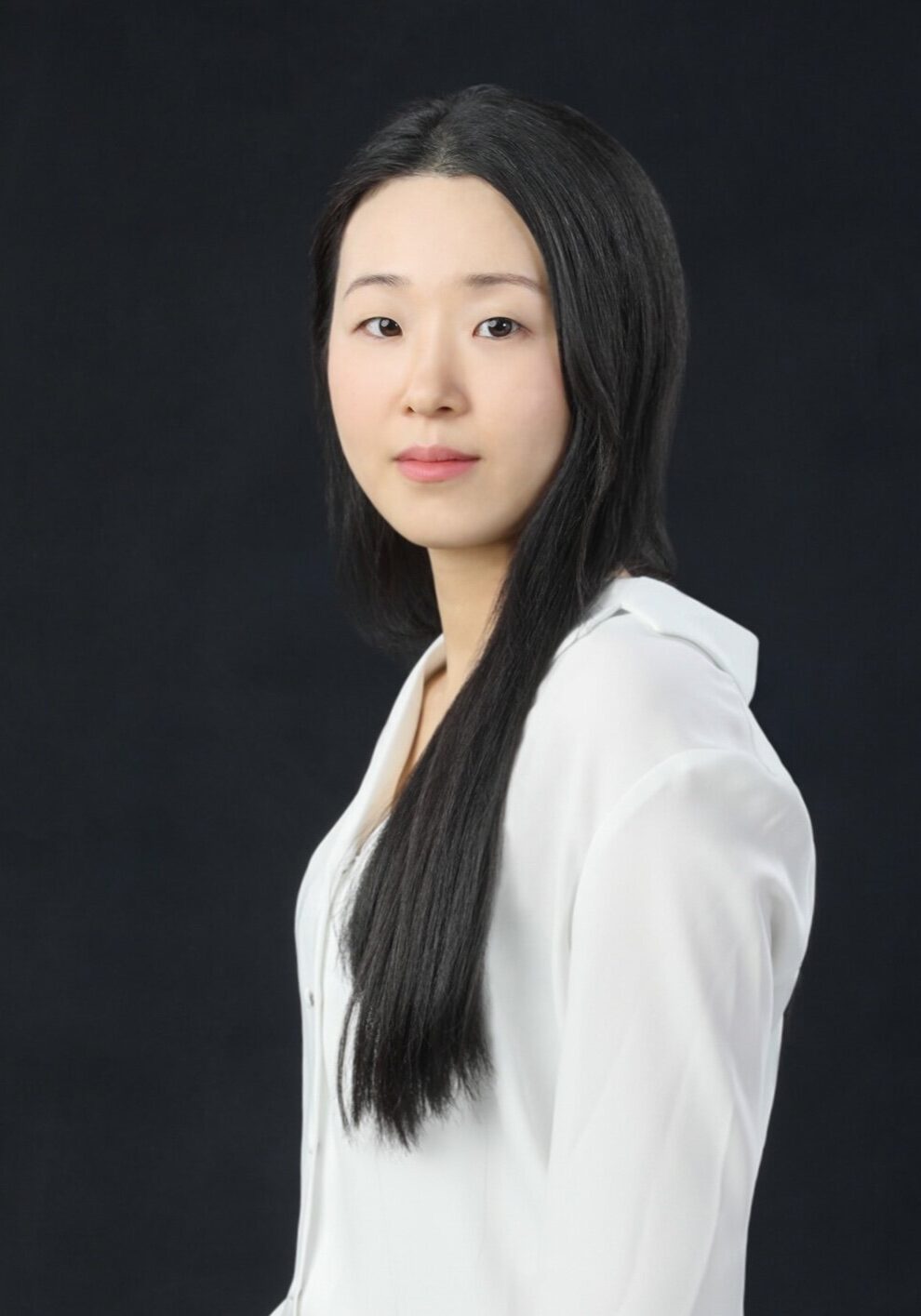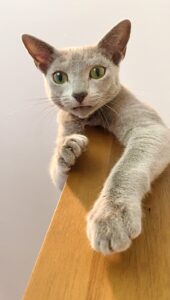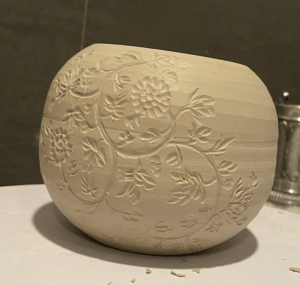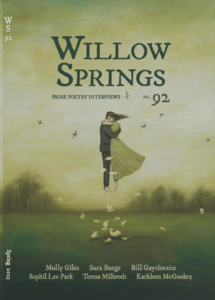
About Suphil Lee Park
Suphil Lee Park (수필 리 박 / 秀筆 李 朴) is the author of Present Tense Complex, winner of Marystina Santiestevan Prize (Conduit Books & Ephemera 2021), and a poetry chapbook, Still Life (Factory Hollow Press 2023), winner of the Tomaž Šalamun Prize. She's also the translator of If You're Going to Live to One Hundred, You Might As Well Be Happy by Rhee Kun Hoo, forthcoming from Union Square Books and Ebury, U.K.
Find more about her on her website.


A Profile of the Author
Notes on "Love Song", "Already Noon", and "Wino's Song"
This small suite of poems–two by Kim and one by Hoe–sings, among other things, of love. Yes, Heo’s poem blatantly brings up the word 郞心 (lover’s heart), centering the whole verse on the speaker’s internal, romantic struggle. Kim’s explore this sentiment in more implicit, albeit sexually more explicit, ways.
What captivates me about so-called love poems from these two vastly different Korean poets is their different approaches to moments of hardship where their love is challenged. Each of the poems presents a different conflict. “Already Noon,” the poet’s financial ruin and subsequent life on the farm; “Wino’s Song,” a playful verbal jousting with a seemingly reserved addressee; “Love Song,” the lover’s fickle heart.
While Heo expertly molds her conflict into a verse rich with metaphors, classical imagery, and puns—for which she is famous—Kim takes a more lighthearted approach. I'm as much in awe of Heo's ability to pack so much into such a concise form as I am delighted by the irresistible sense of life that Kim's poems exude. Where Heo offers a timeless, elliptical landscape, Kim plainly depicts and embraces her pains or mocks and seduces her husband, defying social norms. But who's to say which one does it better, or is superior?
Whether about love for family–sharing in moments of literal sweat–or romantic temptation and frustrations, their poems equally provide indispensable insights into the lives of Korean women poets. Their fate was, more often than not, dictated by the reciprocity of their various kinds of love, and that always leaves me with much to ponder.
Music, Food, Booze, Tattoos, Kittens, etc.
I have a single tattoo–an infinity sign crossed with a zero–on my left ring finger. Among other meanings, this tattoo primarily alludes to the famed line from William Blake’s “Auguries of Innocence.” And yes, it’s that line: “To see a World in a Grain of Sand / And a Heaven in a Wild Flower / Hold Infinity in the palm of your hand.” It has come to carry an important reminder that a poet’s mind never fails to find a microcosm of reality and truth in just about anything she stumbles upon. Instead of the palm of my hand, I chose the more forefront–admittedly less painful–place for my tattoo. The placing itself serves to signify how I uphold what this tattoo embodies above all other promises I have made or might make in the future.On a largely irrelevant side note, I have a beautiful gray cat that I like to address in many ridiculous ways other than his actual name, such as “crown jewel of my heart,” “my guardian angel,” or “gyeongookjisaek (경국지색, meaning a beauty so fatal that it might destroy a nation).” I’d say, speaking from experience, affection justifiably defies all conventions of designation and role definition, and invalidates shame (as my translations of the poems, specifically "Wino's Song," might also hint at).Nowadays, I’m also into pottery–or carving shapes into wet clay–probably for no deeper reason than the one that drove me to pick at my scars as a little kid. Just a slight alphabetical variation from poetry, it's a wholly different craft that helps me take my mind off the kind of things I delve into when engaging with poetry.
Two Poems Translated by Suphil Lee Park
Found in Willow Springs 92 Back to Author Profile 日已午 BY KIM SAMUIDANG (金三宜堂) 日煮我背汗滴土細討茛莠竟長畝少姑大姑饗麥黍甘羹滑流匙矮粒任撑肚鼓腹行且歌飮食在勤苦 勸酒歌 BY KIM SAMUIDANG (金三宜堂) 勸君酒勸君君莫辭劉伶李白皆墳土一盃一盃勸者誰勸君酒勸君君且飮人生行樂能幾時我欲爲君舞長劒勸君酒勸君君盡醉不願空守床頭錢 但願長對眼前觶 ALREADY NOON TRANSLATED BY SUPHIL LEE PARK The day scalds my back Drops of sweat to the ground The furrow of buttercups And foxtails, plowed My in-laws bring out Some barley to feast … Read more
“Love Song” Translated by Suphil Lee Park
Found in Willow Springs 92 Back to Author Profile 사랑 노래 BY HEO NANSEOLHEON (허난설헌) 공령탄 입구에 비가 처음 개니무협은 창창하고 안개 구름처럼 평평해한이 많아라, 임의 마음 조수와도 같으니이른 시간 잠시 물러갔다 저물 때 다시 오네 LOVE SONG TRANSLATED BY SUPHIL LEE PARK Rapids takes a pleasure boat Blue or bluer fog clouds all … Read more


